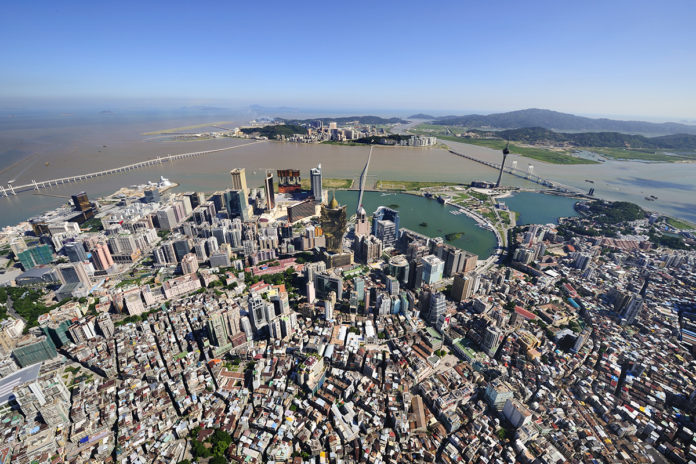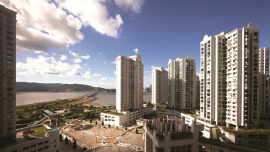China’s decision to cut bank reserve requirements will contribute to the recovery of the VIP gaming segment in Macau, posits a study on the challenges and opportunities facing the sector By João Santos Filipe The recovery of Macau’s VIP gaming industry can be boosted by the decision of the Central Government to reduce the commercial banks’ reserve requirements. This is considered one of the new opportunities for Macau in an article titled ‘Macau Gambling Industry: Current Challenges and Opportunities Next Decade’ published this month in the Asia Pacific Journal of Marketing and Logistics. “Lowering reserve requirements signals it [China’s economy] has entered a monetary easing cycle, which may be a positive catalyst for China’s economy, and thus bodes well for Macau’s VIP economy recovery”, the authors explained. The article – written by Matthew Tingchi Liu (University of Macau), Tina Tsing (Bank of China Macau), Edmund Hoi (Macau Polytechnic Institute) and Andrew Chi (Galaxy Entertainment Group) – focuses on the challenges and opportunities of the next ten years. Although it is assumed that “the miraculous era of the Macau casino industry is gone”, the prospects for the industry are optimistic in the long term, it is claimed. Besides the expectations around the lowering reserve requirements in China, the authors stress that the change from an industry previously focused on the VIP segment to the mass market “should lead to a more sustainable business model”. This opinion is supported by the arguments that VIP gaming is more controlled in Macau by junkets than casino operators, that the mass market offers higher profit margins, the larger exposition of VIP gamblers to Chinese economic conditions and the problems caused by VIP gaming that affect social sustainable development. Mass market diversification According to the article, however, the next ten years of the industry will be led by the development of the mass market segment and non-gaming facilities that will diversify the economy of the region and increase the integration of Macau’s economy in relation to the neighbouring provinces. Concerning the challenges to the industry, the vulnerability of the casino-junket model, internal competition between casino operators dragging down margins, offshore online gaming, increasing regional competition, the shortage of human resources and the full smoking ban are perceived as negative factors with regard to gaming revenues. Regarding the shortage of labour, which is expected to result in extra costs for casino operators, the authors mention that it is believed that the government will create a new formula for the economy of the region to bring foreign talent, as it is already organising recruitment fairs in Mainland China, Manila and Vietnam. “It is believed that there will be new rules to attract more and more talent and valued labour from all over the world to support further development”, the authors say. However the authors still predict labour costs will continue to increase. Focusing on the anti-corruption campaign in China “one’s pain is another’s gain” and the study says that Macau’s Asia rivals in terms of gaming are benefiting from this policy as they are receiving VIP gamblers that used to frequent Macau.
—
























